The building in Karakol where the journey of Zholdosh Jusaev began — a renowned linguist and university rector
According to the information from the city administration, the library was built in 1880.
“This building is part of the architectural complex of the pedagogical school, which has historical and cultural significance. The library represents an example of educational architecture from the Soviet period, distinguished by its strict forms and functionality,” the city administration noted.
During the Soviet years, the library played an important role as a cultural and educational center for students, providing access to educational and artistic literature. It also contributed to the ideological education of youth by instilling socialist values. Karakol, being far from major cultural centers and with low salaries, did not attract highly qualified specialists willing to work in pedagogy in this remote corner of the Russian Empire. In the early 20th century, there was a severe shortage of teachers in the city's schools: out of eight vacancies, three remained unfilled. The students of the schools were diverse in nationality: among them were Russians, Kyrgyz, Dungans, and Kalmyks. Kyrgyz children, whose parents were in seasonal pastures, were planned to be placed in a boarding school, but by 1909 its construction had not yet been completed, and the students temporarily lived at the school.
The library is located in one of the educational buildings of the Karakol Pedagogical College. This two-story brick building, constructed during the Soviet period, features characteristic elements of architecture from the 1950s and 1960s: a symmetrical facade, vertical windows, simple stucco work, and a functional layout.
The building is listed in the register of architectural monuments of regional significance and has a protective zone where new construction that could alter the historical appearance of the area is prohibited. Approval is also required for any repair and restoration work,” the statement said.
Currently, this building is used as administrative premises for the men's gymnasium - the I. Biibosunov Pedagogical College.
Joldosh Jusaev
Born on July 23, 1934, in the village of Tepke, Tyup district, Issyk-Kul region.
Died on November 16, 2001, in Karakol. He was a linguist and a specialist in Kyrgyz and English philology, as well as comparative linguistics. Doctor of Philological Sciences (2001), Professor (1993).
Education:
In 1953, Jusaev graduated from Przhevalsk Pedagogical College.
In 1959, he completed his studies at the Faculty of Philology of Kyrgyz State University (KSU).
Career Path:
He taught and served as the head of the department at Osh State Pedagogical Institute (OSPI).
From 1967 to 1982, he worked as a senior lecturer and dean at KSU.
1982–1987 — head of the international relations sector of the Central Committee of the Communist Party of Kyrgyzstan.
1987–1988 — vice-rector for academic affairs at the Kyrgyz Women's Pedagogical Institute named after V. Mayakovsky.
1988–1991 — director of the Przhevalsk branch of KSU.
1991–1998 — rector of Issyk-Kul State University named after K. Tynystanov.
2000–2001 — director of the Institute of Foreign Languages at the same university.
Author of more than 60 scientific works and recipient of various awards.
Main Publications (Monographs)
1992 — study of the linguistic category of modality and the corresponding meanings expressed in the indicative mood in modern Kyrgyz language.
2000 — research on grammatical means of expressing the category of modality in modern Kyrgyz language.
Joldosh Jusaev
Read also:
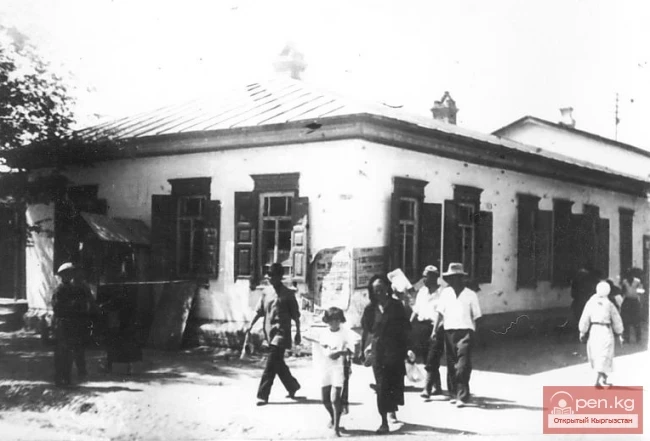
Organization of City Libraries in the City of Frunze. Documents No. 90 - No. 91 (1934)
Building of the Krym Hotel, which for a long time was the Frunze Library EXTRACT FROM THE PROTOCOL...
In Bishkek, a Station for Young Technicians is being built
A new building for the Young Technicians Station is actively being constructed in Bishkek at 144...

NURGASIEV Samybek Bakasovich
NURGASIEV Samybek Bakasovich...
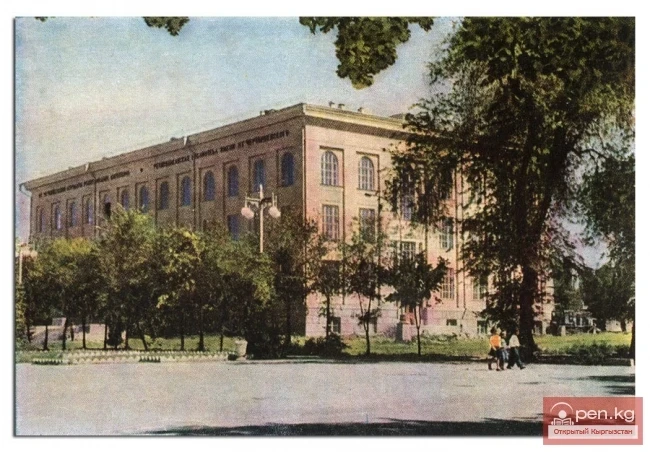
NUSOV Vladimir Efimovich
NUSOV Vladimir Efimovich...
GKNB: The building of the art gallery has been transferred to state ownership
Recently, a building that was previously used as an art gallery was transferred to the Naryn...
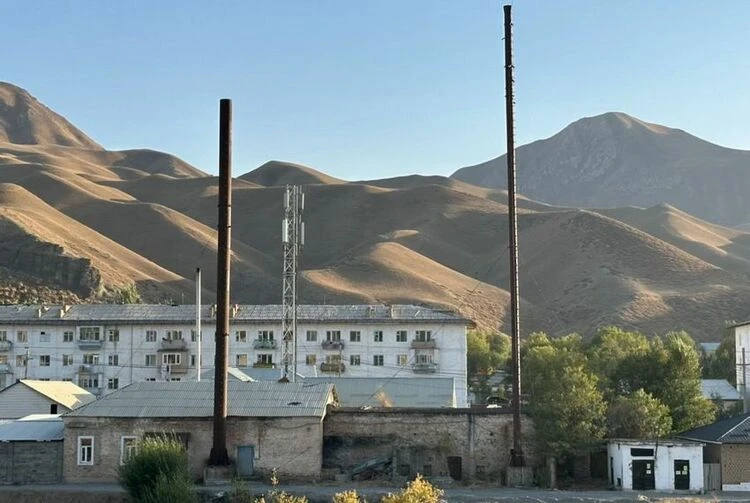
GKNB: The boiler house building has been returned to the balance of the Naryn city administration
Photo GKNB. Heating plant in Naryn According to the press center of the GKNB, the heating plant...
The House of the Tanker Dmitry Temlyakov, Who Was Born in Ryazan and Lived on Issyk-Kul
On Gorky Street (Zhusayev) in the city of Karakol, Issyk-Kul region, there is an old house,...
Centuries-Old Buildings: The Mosque in Karakol Built Without Nails
In the Issyk-Kul region, in the city of Karakol, there is a significant Dungan mosque. The building...
Centuries-Old Buildings: The Boyar's House in Karakol, Built Over 120 Years Ago
In Karakol, located in the Issyk-Kul region, there is a building that was erected over a hundred...
Café "Rizvan" in the city of Osh has been transferred to the state, 2,000,000 soms paid into the budget
In Osh, the building of the "Rizvan" cafe has come under the management of the city...
The GKNB returned the building of the K.M. Mambetaliev Gallery to the Naryn Museum.
The press service of the State Committee for National Security (GKNB) reported on October 27 about...
260 children attend the most unusual kindergarten on Issyk-Kul
In Karakol, located in the Issyk-Kul region, there is a historic building that has turned 120 years...
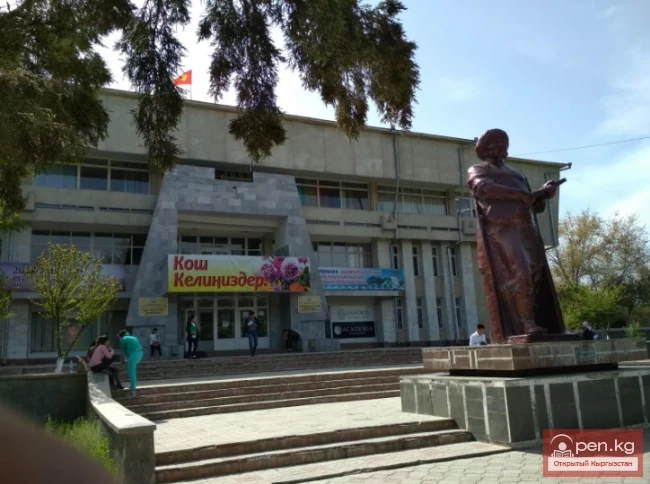
Library Network of the City of Osh
Libraries of Osh Before the revolution, there was one private library in the city of Osh, which...
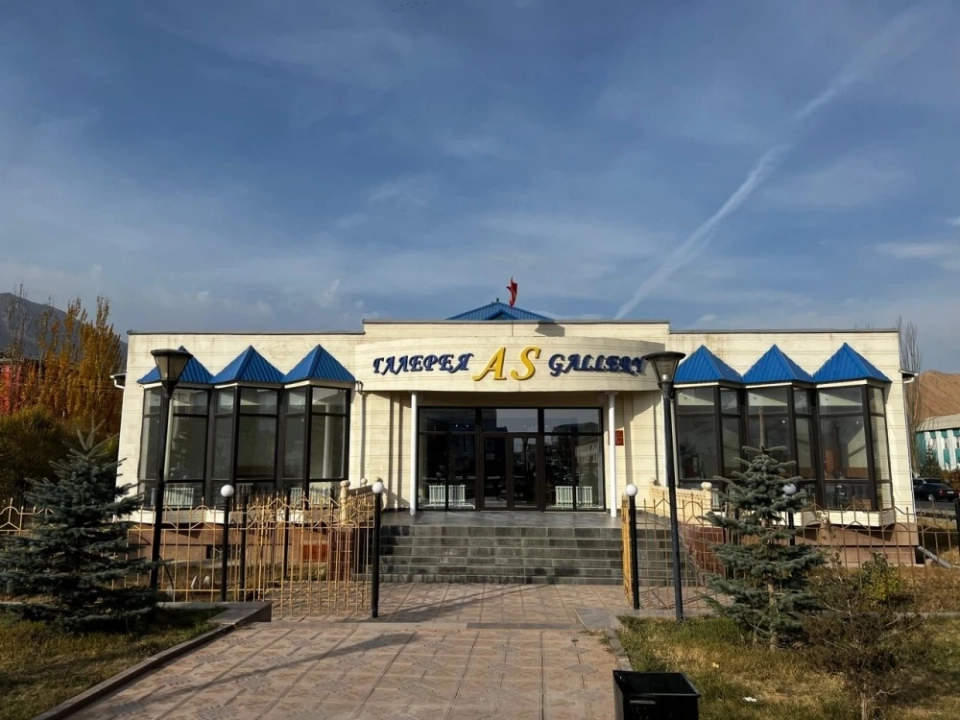
The GKNB Returned the Library Building in Naryn to State Ownership
According to information from the press service of the State Committee for National Security...

Technical Schools of the City of Osh
Technical Schools of Osh The city is home to a number of specialized secondary educational...
The Narine City Hall has returned the boiler house that had been used as a residential building for over 20 years.
The General Prosecutor's Office of Kyrgyzstan has established that the building was illegally...
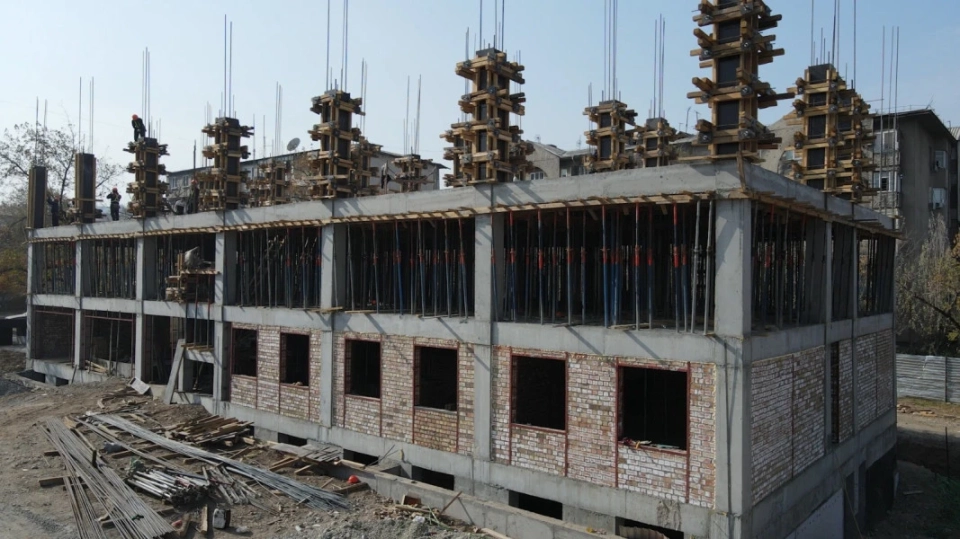
In Bishkek, a new building for the Children's Technical Station is being constructed.
Construction of a new building for the Youth Technicians Station is actively underway in Bishkek,...
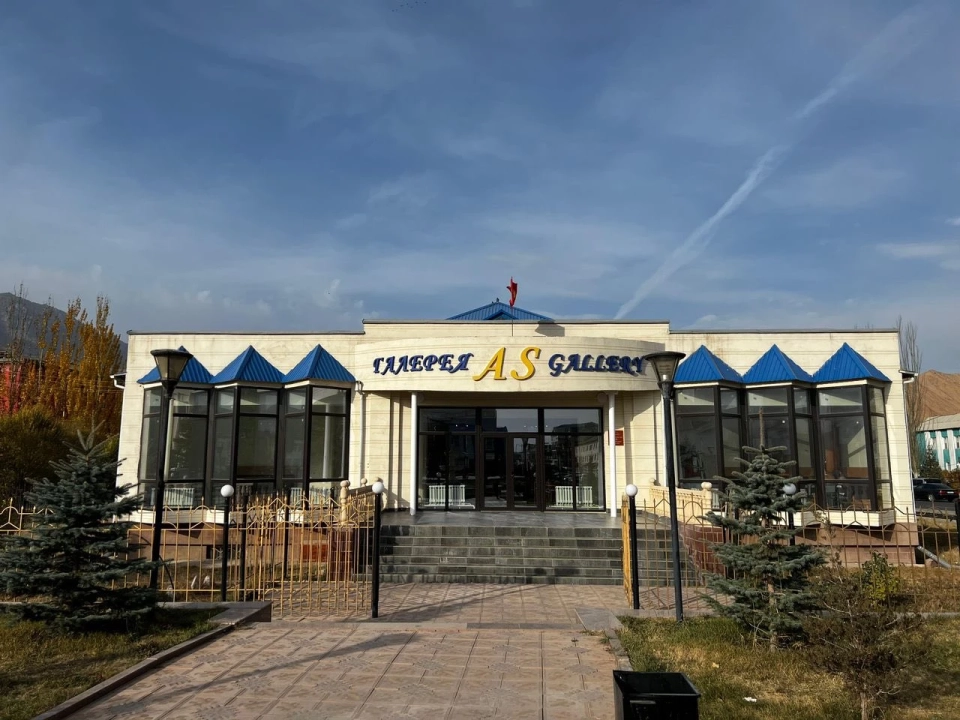
The Art Gallery Building in Naryn Returned to the State
The building of the art gallery in Naryn has been returned to state ownership. According to the...
"From Debt to Service to the World": Veterans of the Batken Events from the City of Karakol Educate Youth in the Spirit of Patriotism
On October 26, 2025, Kyrgyzstan held a Day of Remembrance for the servicemen who lost their lives...
The new National Bank building has a seismic resistance level of up to 12 points, - Deputy Head Attokurov
On October 28, a ceremonial opening of the new building of the National Bank of the Kyrgyz Republic...
The building of the first House of Culture in Aydarken, constructed by Chechen craftsmen
In the Batken region, in the city of Aydarken in the Kadamjai district, there is a historical site...
A branch of school No. 40 has opened in the GIK house
A new branch of school No. 40 has been launched in the capital, located in a residential complex...
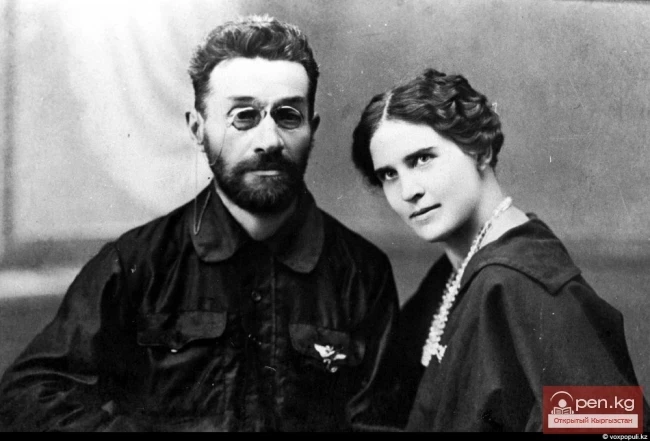
ZENKOV Andrey Pavlovich
ZENKOV Andrei Pavlovich...
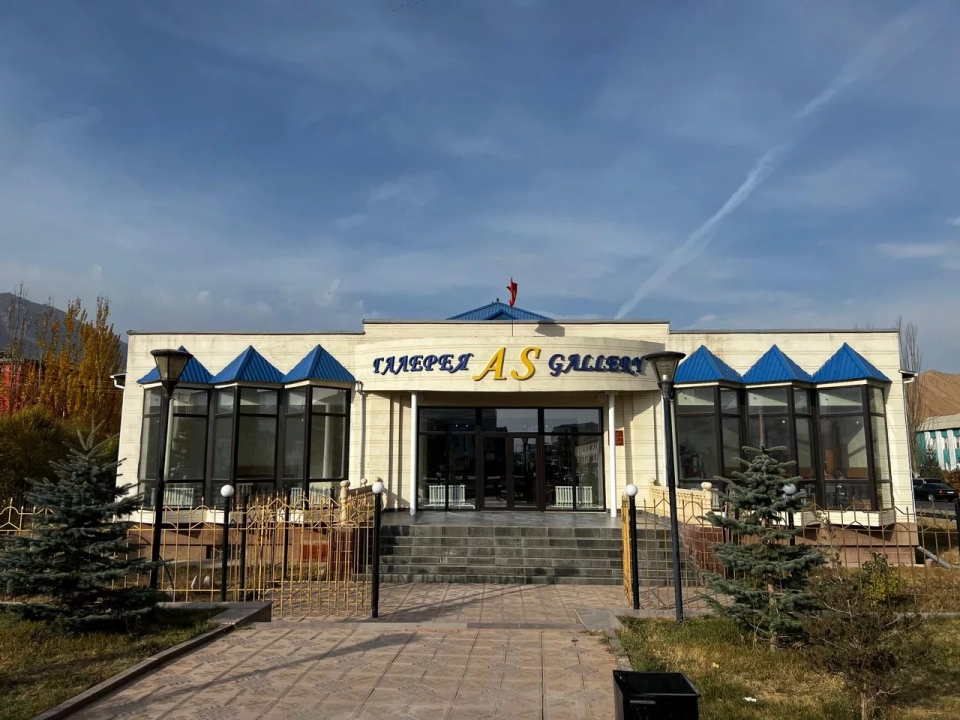
In Naryn, the building of the city library was returned to the state
As a result of the aforementioned events, it was revealed that in 2000, the library building in...
The heating plant of the Narine mayor's office was recognized as sold illegally and seized from the current owner.
The boiler house located at 2b Lenin Street has returned to state ownership after being sold to a...
In Osh, the development of a new city master plan has begun: A special commission has been established
Work has begun on a new general plan in the city of Osh. This information was announced by the...
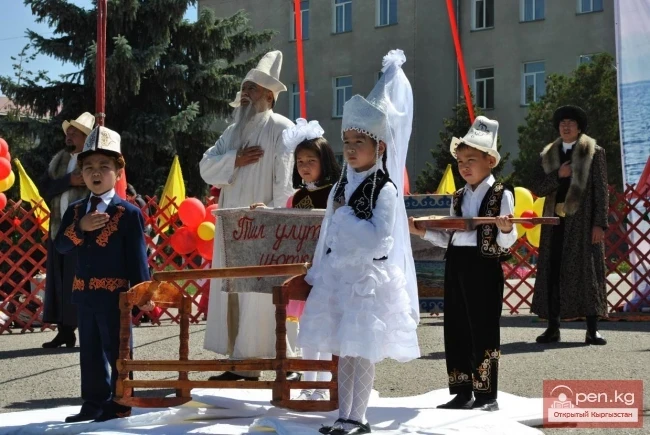
The Karakol Residents Celebrated a Triple Holiday
Today, the city of Karakol is celebrating the Independence Day of the Kyrgyz Republic, the 145th...
The 85th Anniversary of Lyceum No. 100 Celebrated in Bishkek
On October 23, a festive event was held in the capital to celebrate the 85th anniversary of Lyceum...
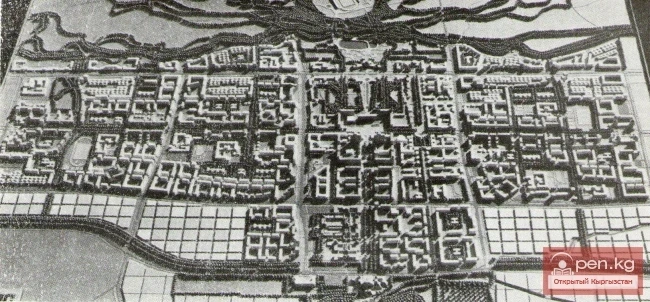
BEKTASHEV Esenzhan Bektashevich
BEKTASHEV Esenzhan Bektashevich...
Sadyr Japarov: The new National Bank storage facility can hold up to 1000 tons of gold
On October 28, President Sadyr Japarov inaugurated the new building of the National Bank of the...
In the city of Osh, a two-story house illegally built in the water protection zone of the Jöö Bas canal is being demolished.
In Osh, along S. Supanaliev Street, the process of demolishing a two-story residential building...
In Naryn, the building of the art gallery has been returned to state ownership
25 years ago, the property was illegally privatized In Naryn, the building of the art gallery has...
Zhyldyzbek Bolotbekov heads the press service of the Osh mayor's office
According to the information from the mayor's office, Zhyldyzbek Bolotbekov has become the new...
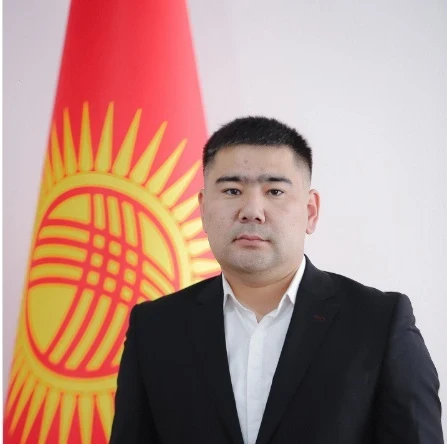
In the city hall of Osh, a new head of the press service
Personnel changes have occurred in the city hall of Osh. Zhyldyzbek Bolotbekov has been appointed...
It became known when heating will be provided in the city of Karakol
In Karakol, the heating season will begin on November 3, as reported by the municipal enterprise...
In this club, the energy workers of Kyrgyzstan used to relax — what it looks like now
The summer club in the village of Ketmen-Tobo, which has been abandoned since 1992, was once the...
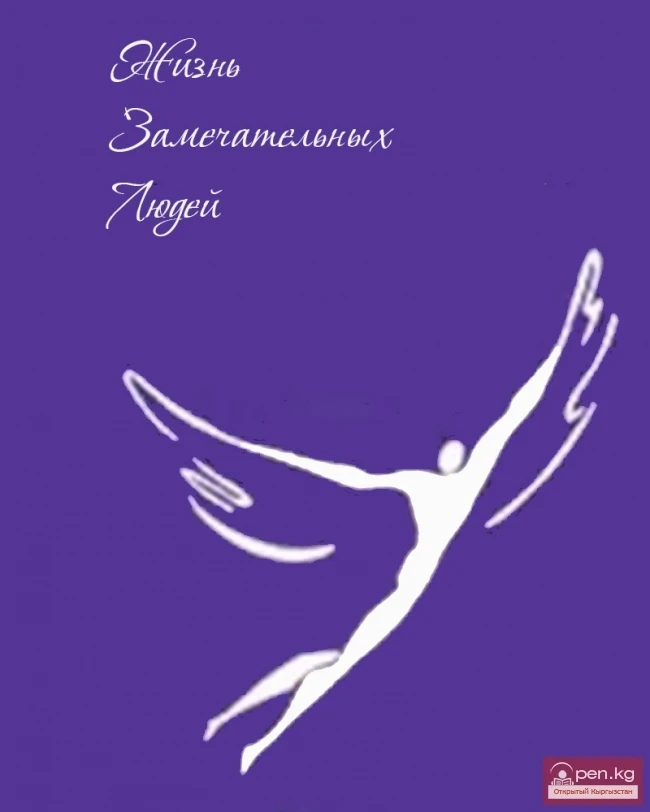
DJAPARALIEV Aydar Djaparalievich
DJAPARALIEV Aydar Djaparalievich...
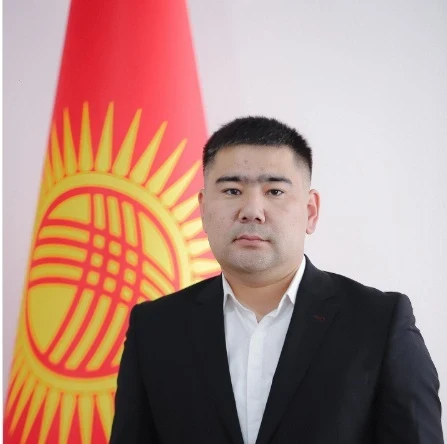
In the Osh City Hall, a new head of the press service
Changes have occurred in the personnel composition of the administration of the southern capital...
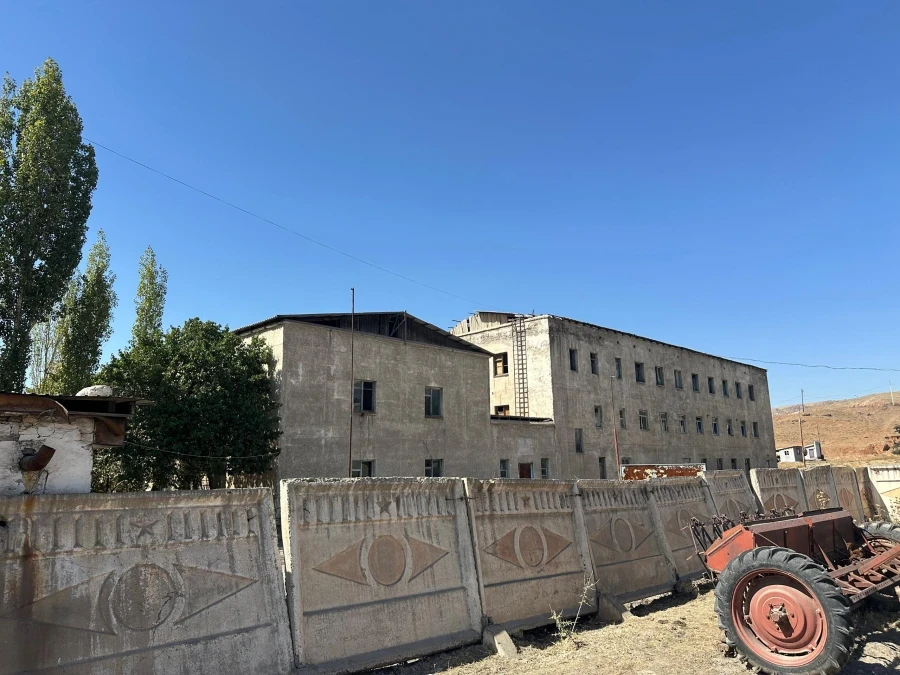
In Suljuk, a number of properties and land plots were returned to the state
These objects were registered to affiliated persons without legal grounds....
The Cabinet transferred 9.2 hectares of land from the military unit to the mayor's office of Karakol.
The Chairman of the Cabinet of Ministers, Adylbek Kasymaliev, issued order No. 876-t regarding the...
Hot water will be temporarily turned off in the center of Bishkek
According to the information from the Bishkek City Hall, on October 24th from 9:00 AM to 4:00 PM,...
Sadyr Japarov opened a new building of the National Bank with an area of 22,000 sq m
- Sadyr Japarov opened the new building of the National Bank of the Kyrgyz Republic on October 28....
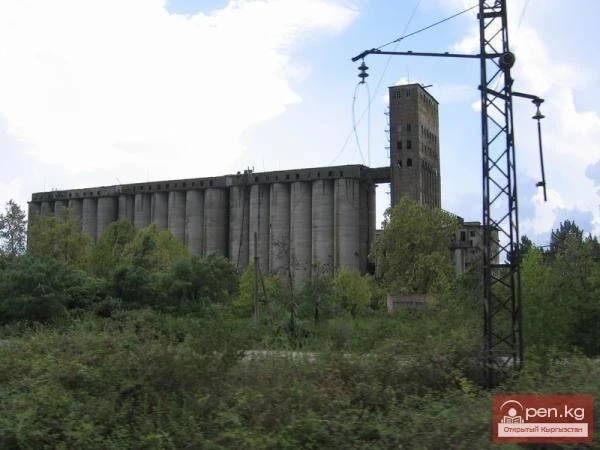
ALEXANDER DMITRIEVICH LARIONOV
LARIONOV Alexander Dmitrievich...
Maksetbek Orozaliev appointed head of the economics and finance department of the city administration of Osh
Changes have occurred in the personnel composition of the city administration of Osh. According to...

Population of Kyrgyzstan as of January 1, 2013
Population of Kyrgyzstan Thanks to the fundamental changes that occurred in Kyrgyzstan after the...